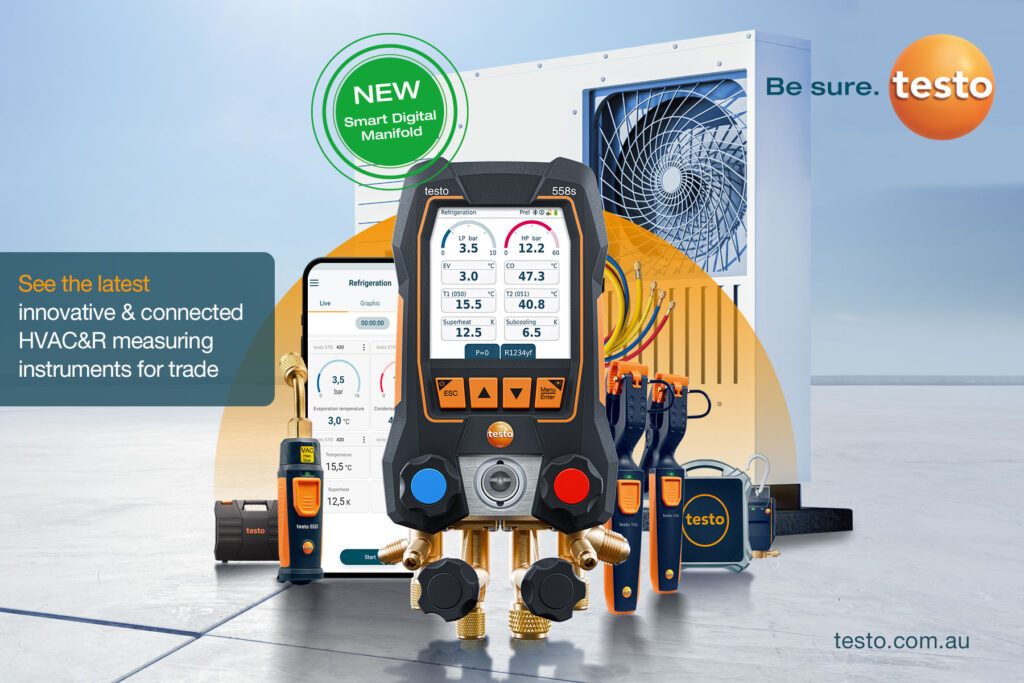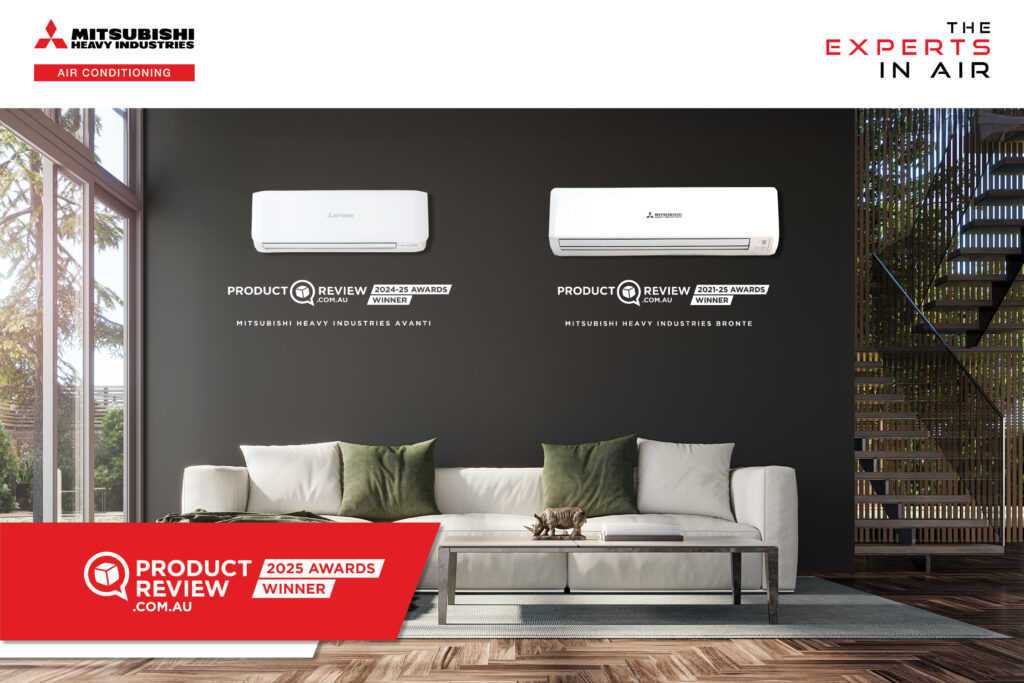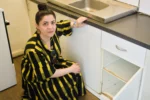The articulate engineer
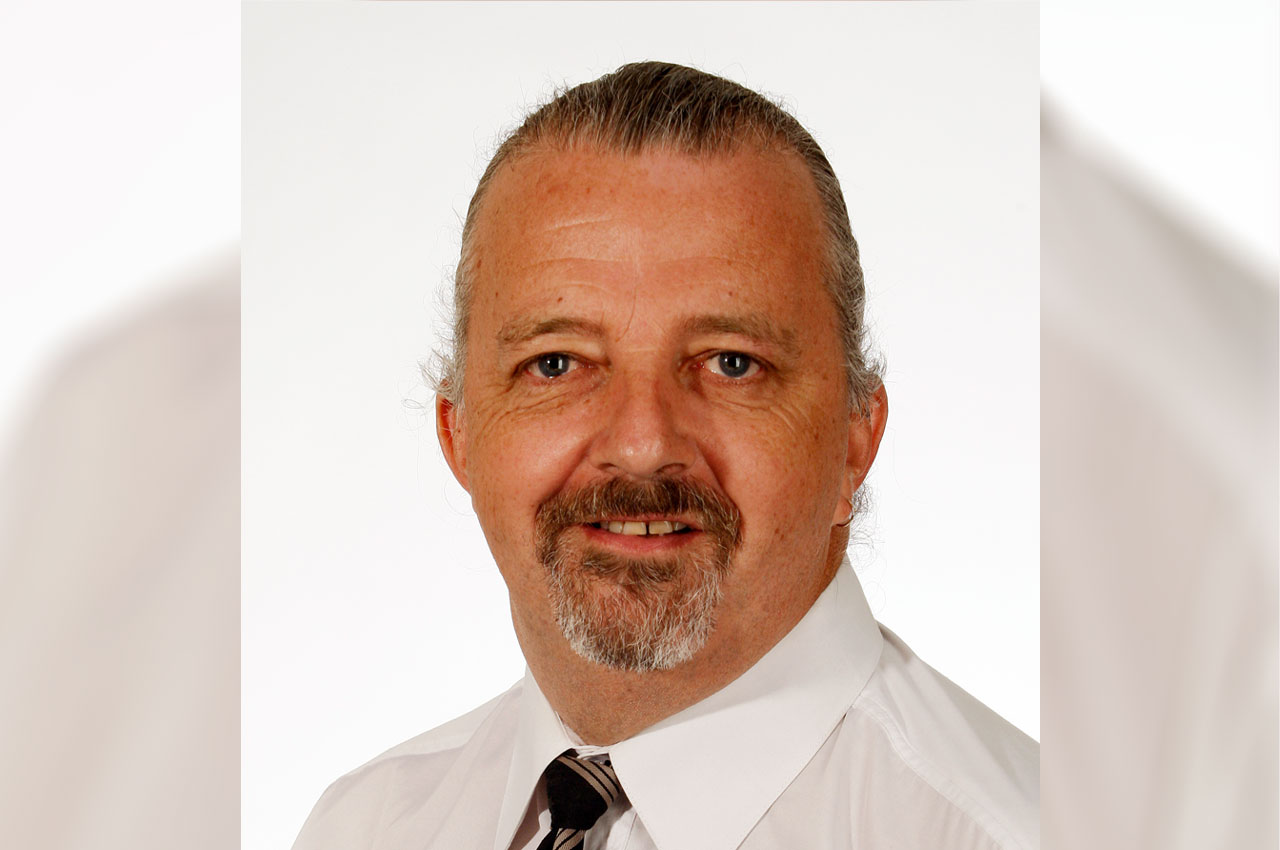
Ireland-born Vince Aherne, F.AIRAH, is pivotal to many AIRAH projects, including editing our suite of DA manuals and helping to deliver the epic i-Hub project.
Responsibilities
I just call myself an engineer. As a self-employed consultant I have had a variety of roles with a range of clients – often multiple roles at the same time. Currently I would say I’m a project manager/researcher.
Specialty
I trained as a building services design engineer, so I have a fairly detailed knowledge of that area: ventilation, air quality, building heating/cooling and comfort, electrical supplies, electronic control, architectural engineering, smoke control, climate, fuels, refrigeration, energy efficiency and sustainability.
I have worked in building services design, air conditioning contracting, development of standards and training/education, and so have multiple perspectives on the creature that we know in Australia as HVAC&R.
Many of the projects I become involved in I also project manage, facilitating collaborations, meeting deadlines and deliverables, reporting and evaluating progress, containing costs within budget. Ultimately, however, I would say that my specialty within the industry is technical writing, as that always seems to be at the core of my work.
What are you passionate about?
I get truly excited about innovative solutions. I love thinking that turns waste into a resource, and helps create a circular economy. The potential of digitalisation is mind-blowing. I want these things to succeed. We all need them to succeed.
We have known for years about the various human-induced pressures on our planet, air quality, ozone layer, greenhouse gas, resource extraction, waste disposal streams, and we have also known that our finite resources are going to run out: peak oil, peak water, species extinction, habitat and biodiversity loss. Buildings and cities are at the heart of this, and everything can and needs to be done better. I am passionate about carbon-free energy, net zero buildings and landscape rewilding so that we can start to reverse impacts.
How did you cope during the COVID-19 pandemic ?
I have been really lucky so far and the pandemic did not significantly impact my life. I have been “working from home” for over 20 years, so that was not new, and in a lot of ways collaborations became easier for me as people moved out of city meeting rooms and onto video meeting platforms. In terms of the multitude of frustrations and inconveniences, and inability to travel, I try not to worry about the things I can’t control.
“I love thinking that turns waste into a resource, and helps create a circular economy.”
What do you like about your job?
There is a lot of variety, and I am (sort of) in control of the type of work I do, and I am always learning new stuff.
What do you find challenging?
I find Australian federation challenging, and dealing with the variety and differences in the state and territory rules and regulations that impact HVAC&R.
It’s great when the states and territories agree to uniform regulations (NCC, OPSGG Act) but this is the exception rather than the rule and there is often only partial unification (WHS/OH&S).
In most areas – health, energy, licensing, noise, planning – there are significant variations between states. When you want to provide a nationally relevant training course or manual it is a lot of work to review all the (ever-changing and sometimes outdated) state and territory rules.
What would you most like that you don’t have?
I have always liked the idea of having a helicopter. It’s a great way to get about and very handy in a flood or a bushfire (I live in a forest).
What are you optimistic about?
I am optimistic about optimistic people. There is plenty of doom and gloom and evidence of real emerging crisis occurring, and I can get pretty down and cynical about that. There are also lots of barriers and difficulties encountered when I see people trying to do better: business as usual, status quo, risk avoidance. But the world is also full of optimistic people, glass-half-full types, and I think it is these people who overcome the barriers and come up with the solutions. I am also optimistic about the next generations, their passion and understanding about the problems facing humanity and their ability to make change.
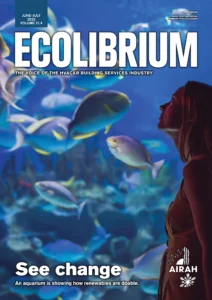
This article appears in Ecolibrium’s June-July 2022 edition
View the archive of previous editions
Latest edition
See everything from the latest edition of Ecolibrium, AIRAH’s official journal.
